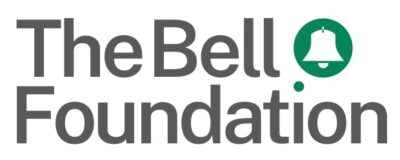Just over one in five learners in schools in England these days are using English as an Additional Language (EAL), yet early career teachers feel least prepared to teach in multilingual classrooms compared to other training areas. How can early career teachers support the wealth of cultural and linguistic backgrounds in their classrooms? How can they cater for children who have recently arrived in the country and are new to learning English, as well as those who come from families who have lived here for generations and are fluent in English?
Undoubtedly, initial teacher training (ITT) programmes can never fully prepare trainees for all the various responsibilities and realities they will face in UK classrooms, or for lessons that can only be learnt on-the-job during those first few years of teaching.
As an ECT entering into the profession, you will find that the level of EAL support and training on offer varies considerably across schools, and ITT providers. EAL is not mentioned in the Early Career Framework in the first place, and ECT mentors themselves may also not have had opportunities to receive EAL training or work extensively in multilingual environments.
According to a Department for Education survey, 2/3 of ECTs felt that too much content is repeated from their ITT content, whereas half found it hard to take on alongside their workload, and thought the programme did not respond to their immediate needs, skills and context of their school. Our new and free ECT and EAL series aims to bridge this gap by specifically supporting ECTs and their mentors when working with learners using EAL. We have created eighteen short EAL topics that ECTs and their mentors can either dip into if needed or work through in chronological order.

